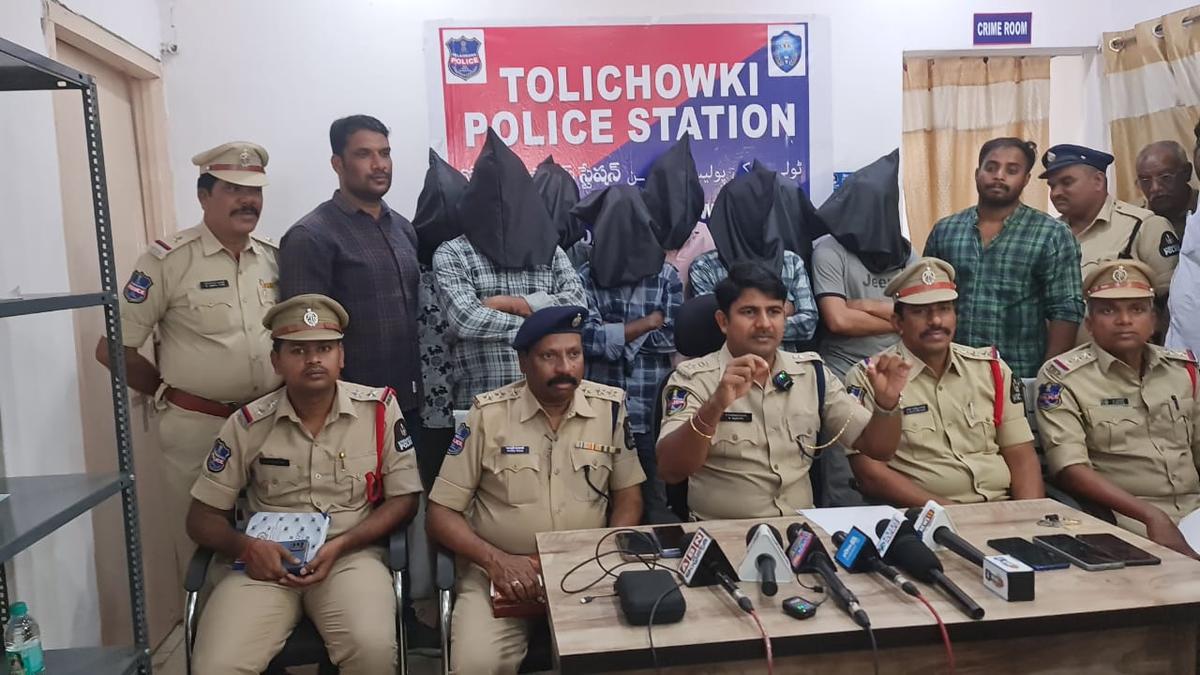Courts often remark that the Prevention of Money Laundering Act (PMLA) of 2002 is an evolving legislation which often throws up new legal questions “but, I find that it is actually the Directorate of Enforcement (ED) officials who are evolving day by day by expanding their powers,” in the course of implementing the legislation, said Justice M.S. Ramesh of the Madras High Court on Tuesday (June 17, 2025).
Presiding over a Division Bench along with Justice V. Lakshminarayanan to hear a batch of three writ petitions filed by film producer Akash Baskaran and his friend Vikram Ravindran, the senior judge wondered which provision of the PMLA empowers the ED officials to seal a residential/business premises if it was found to be locked when the officials go over there for a search and seizure operation.

The question was raised since Mr. Ravindran, serving as director at Akash Baskaran Creative Studios Private Limited, in his two writ petitions, had accused the ED officials of having “sealed” his office premises at Semmenchery and also a rented residential flat at Poes Garden in Chennai since they were locked and he was not present over there when a search operation was attempted on May 16.
Denying the charge of having sealed the two premises, ED Special Public Prosecutor N. Ramesh told the Bench that the officials had merely stuck notices on the doors asking the petitioner to get in touch with them to cooperate with a money laundering investigation. However, Justice Ramesh pointed out the notices had clearly stated the premises should not be opened without the permission of the ED officials.
Even assuming the words found in the notice would not amount to sealing, from where do you get the power to prevent an individual from entering his home or office, asked Justice Lakshminarayanan. He also said, no sane person would dare to ignore the notice stuck by a public official on his/her door and enter the premises without the fear of being prosecuted for having defied the orders passed by the officer.

Mr. Ramesh told the court that Section 17 of the PMLA empowers the ED officials to even break open the locks for conducting the search operation. However, “we did not want to take the drastic step of breaking open the locks and so we stuck the notices,” the SPP said and told the Bench that the ED officials were willing to remove the notices immediately if the court would permit them to do so.
He also told the court the two writ petitioners before the court had so far not been treated as accused in the ongoing TASMAC money laundering investigation and that the necessity to search their premises had arisen only on the basis of credible information received by the Directorate that certain materials related to the offence could be in their possession. He said, the petitioners must cooperate with the probe.
After hearing the SPP at length, the judges granted him time till Wednesday (June 18) for producing the documents related to the investigation.
Published - June 17, 2025 01:53 pm IST



.png)
.png)
.png)
















 4 hours ago
5
4 hours ago
5








 English (US) ·
English (US) ·